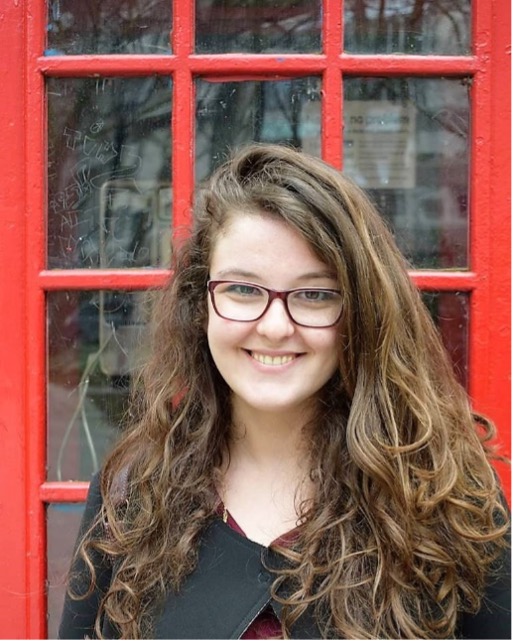Initially, I was not planning on going to the PhD network activities of the IMISCOE spring conference, which took place in March 2021. Since at that point my life had been consumed by setting up an experiment survey, it really felt like every moment not spent on that was a moment wasted. However, I was roped into partially live-tweeting the event, which meant that I had to actually attend it, and let me tell you, not a moment wasted.
The PhD activities always take place during the IMISCOE spring and annual conferences, and as I have been able to witness firsthand, a lot of work goes into them. On top of attending the events, I had the privilege of being able to look behind the scenes at the organisation and follow the organisers as they ironed out any last-minute hitches, or even simply rejoiced at an event going according to plan.
The first event I attended was the General Assembly. I was very excited to see that the PhD network had taken this opportunity to invite a lot of IMISCOE standing committees to present and attempt to recruit PhDs. Attempts to integrate PhDs more into an academic world are a very welcoming opportunity for PhDs like myself, who dwell in this limbo between being a student and a fully fledged researcher.
Initiatives to bridge the gap between PhDs and ‘established’ academia continued during the other events as well, which were really geared toward how PhDs can position themselves in their research and the academic community, through tools, tips and reflections.
Such tools were especially central to a (well attended) panel on how to disseminate your research to other researchers, to your community that you study, to non-academics and to policymakers. Not that I can put any tips immediately into practice right now, but beyond the numerous links and handy bookmarks to be found in my computer now, I have a lot to think about in terms of what I want my research to be and what I want my research to do. One of the most relevant insights of this panel concerns questions one can ask themselves in order to formulate clear policy objectives for one’s topic. A challenge that these questions address is formulating objectives that are different from one’s research objectives and yet reflect the overall topic (follow @IMISCOE_PhD on Twitter for some tweets covering these questions).
The most poignant lecture was given by prof. Martha Montero-Sieburth on how to involve the knowledge of those we study into our work. I still struggle doing that as a primarily quantitative researcher, as the voice of your respondents necessarily goes through you as a researcher. Nonetheless this discussion really encouraged me to think creatively about research that is responsible toward one’s respondents. This topic is certainly something that the academic community should engage in more.
The second day of the activities was just as fun and insightful. I started the day by attending informal networking events, namely a PhD Room where attendants could choose which topics they would informally like to discuss with others. One could then select a sub-room to jump to and find likeminded people. One such group could be those attending the room appropriately named ‘Grumpy Phd Chat’. Informal events online always tend to have a layer of awkwardness and yet there was something comforting to seeing how PhDs all over Europe could have similar experiences of grumpiness.
A workshop on mixed methods later on in the day was not only interesting, informative, and enriching, but it also offered new insights about working on diversity and migration in a completely different cultural context. Dr. Bing Zhu first invited us to think of the purpose of mixed methods research and when is it appropriate for our own work, as well as what the advantages and limitations of various mixed methods designs are. She illustrated these choices with a lecture on migration and migration issues in Thailand. This is the kind of substantive and methodological diversity that only enrichens IMISCOE events.
My greatest regret is having missed out on the PhD speed dating on the evening of the first day. I heard some people even made friends, something to be cherished in these Covid times.
Missed the spring conference and its activities? No problem, new activities are just around the corner! Check out this post by my colleague Carolin Müller on the upcoming activities of the IMISCOE annual conference on the 7th of July for more info!

Marina Lazëri is an interdisciplinary social scientist and a PhD candidate at the Vrije Universiteit Amsterdam. Her research interests concern national identity, societal positioning, and interethnic attitudes
